As a new parent, it’s easy to get hung up on short naps. You may feel like you’re failing as a parent if your baby isn’t napping for hours on end. But the truth is, short naps are perfectly normal for many infants.
Why Do Babies Take Short Naps?
Short naps in babies are usually due to immature sleep patterns. But as your baby ages, short naps could be due to other external factors, like sleep props or distracting sleep environments.
Infant Sleep Cycles
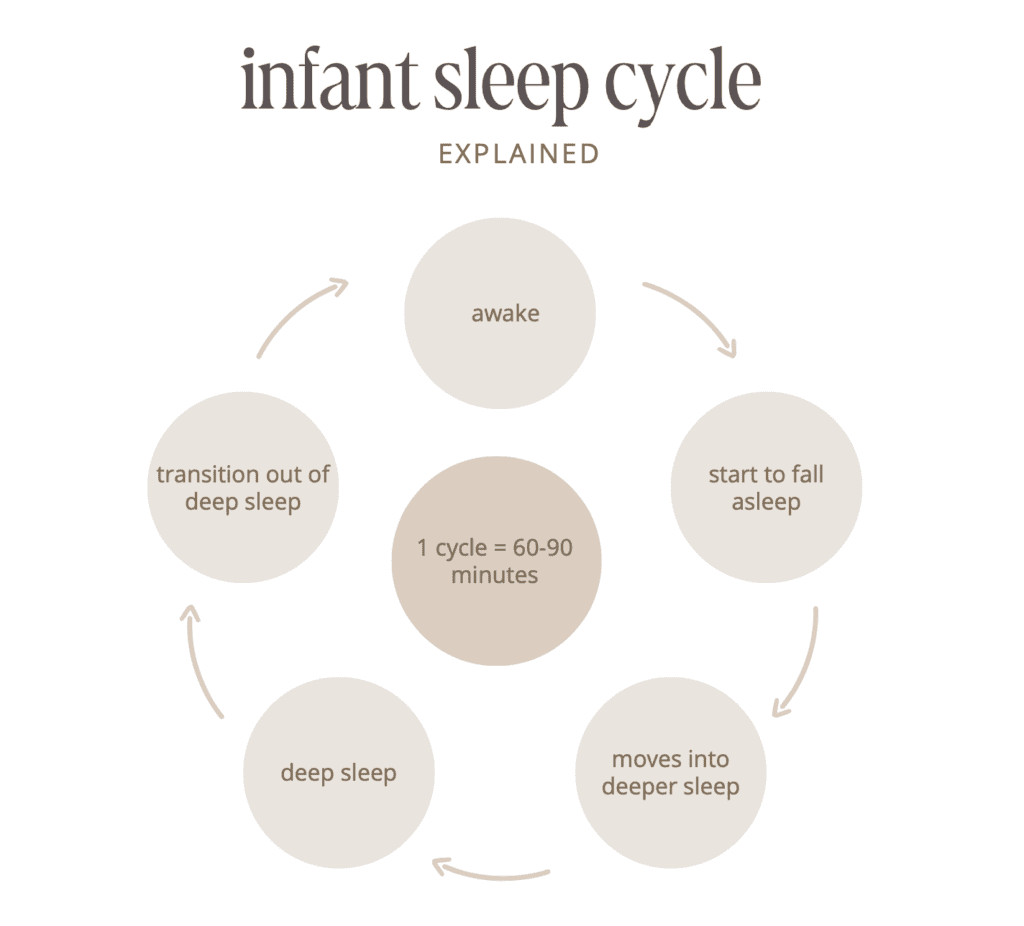

The most important thing to understand about infant sleep cycles is that they’re short and sweet, typically lasting only 30-90 minutes (compared to our 3-4 hour adult cycles). So, a 30-45 minute nap for your baby is a full sleep cycle!
But here’s the kicker: babies naturally wake up fully between sleep cycles. Yes, that means a bright-eyed, “Hey, I’m up!” kind of wake-up.
Adults wake up between cycles too, but usually we don’t fully rouse. Our brains do a quick safety check of our surroundings, and if everything’s okay, we drift right back to sleep. We often don’t even remember these mini-wakings in the morning.
And if we do wake up completely, we’ve had years of practice getting ourselves back to sleep, usually without needing any help. Babies haven’t mastered that skill yet, which is why those short naps can sometimes be a challenge.
How Sleep Cycles Lead To Short Naps
Remember, infant sleep cycles are short and nap sleep cycles are usually the shortest, clocking in around 30-45 minutes. Once your baby completes one sleep cycle, they are going to fully wake up (see above section). So, the difference between a short and a long nap for an infant depends on whether or not they are able to get back to sleep for another sleep cycle.
Sleep Props
Many infants struggle to get back to sleep because they haven’t had enough practice falling asleep independently or there is something that they rely on to fall asleep that they no longer have (pacis, feeds, you, etc). In either case, you get a nap that is one sleep cycle (30-45 minutes) before they are up crying. The good news is that they will usually fall back asleep when provided with whatever sleep prop they have become accustomed to.
(For those of you out there curious as to why in the world you can’t get your baby to sleep for longer than 20 minutes in their crib, but they will sleep for 2+ hours in your arms – you now have your answer!).
Sleep Environment
Believe it or not, our sleep environment can directly impact our quality of sleep for a variety of reasons.
- A noisy sleep environment can create disruption and make it harder to fall asleep and stay asleep.
- An unfamiliar sleep environment can make it challenging to fall back asleep between sleep cycles (your body perceives the unfamiliar environment as danger)
- A bright sleep environment will inhibit the body’s natural production of melatonin making it chemically challenging for the brain to settle for sleep.
How Long Should a Nap Be?
The length of a nap will vary from baby to baby. But, in general, a *good* nap is between 1.5 and 2 hours (2-3 sleep cycles). But, many young babies will take shorter naps, as they are still learning how to sleep.
In the early days of infancy, it is more important to focus on the overall amount of daytime sleep. A baby who is taking five 1-hour naps and a baby who is taking ten 30-minute naps are both getting 5 total hours of daytime sleep, which might be completely age appropriate.
As your child grows, their daytime sleep needs will decrease and their sleep should become more organized. If naps remain short and sporadic, check out my 5 tips to extend short naps.


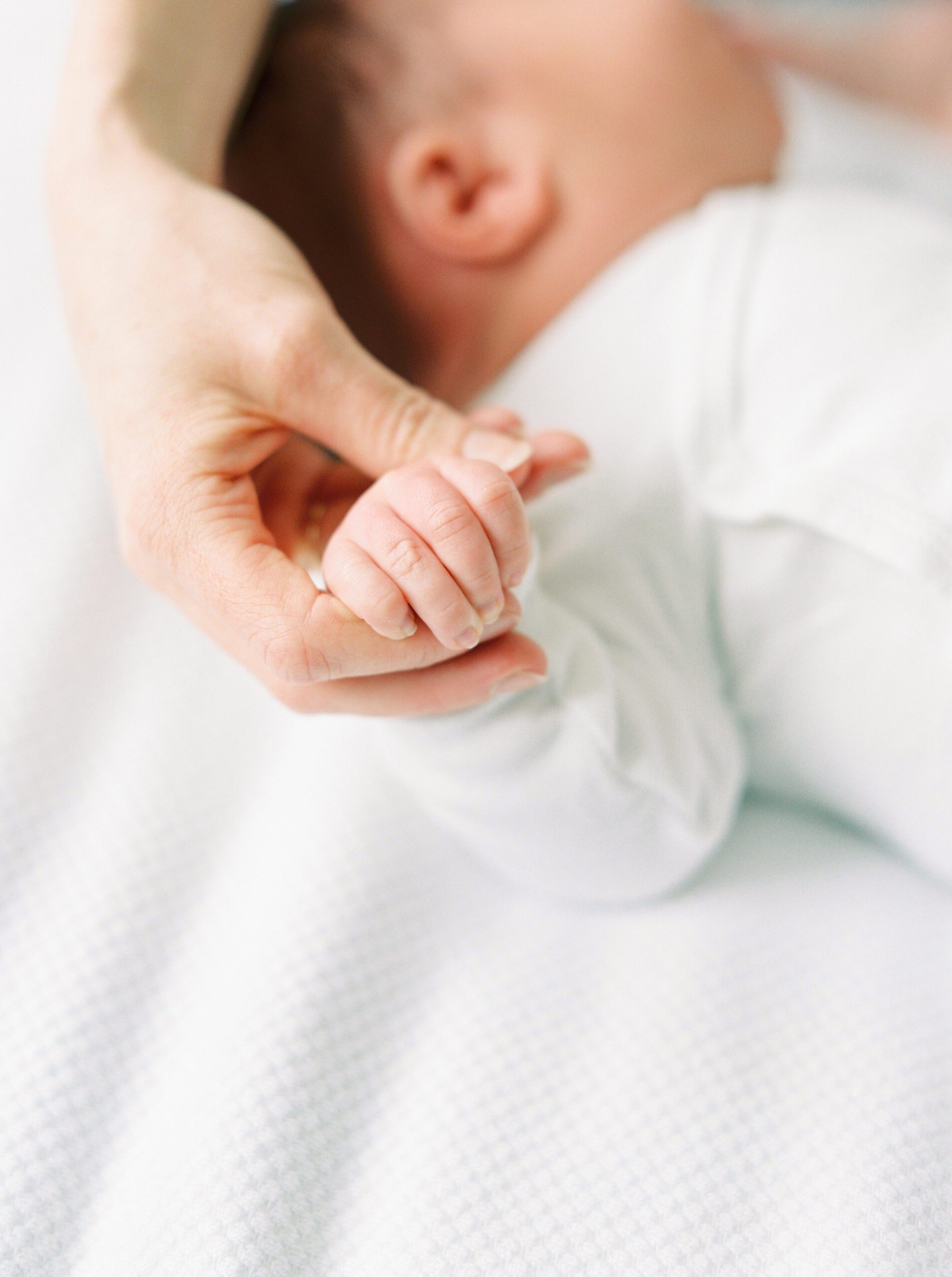





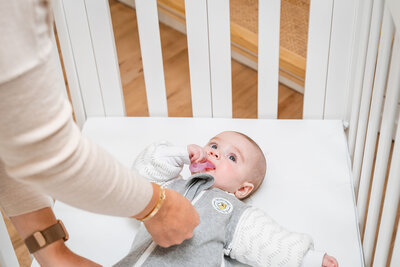
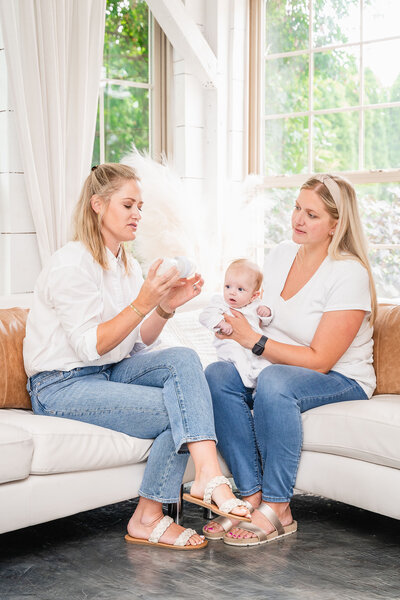
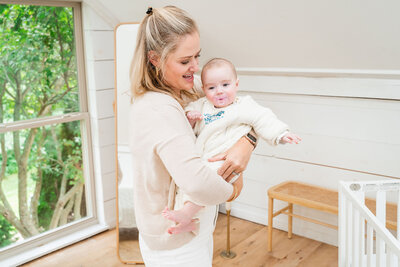
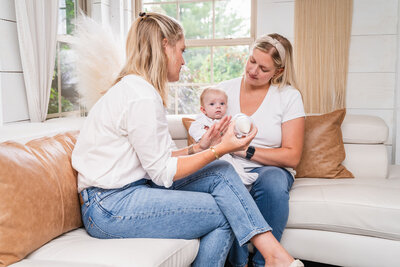
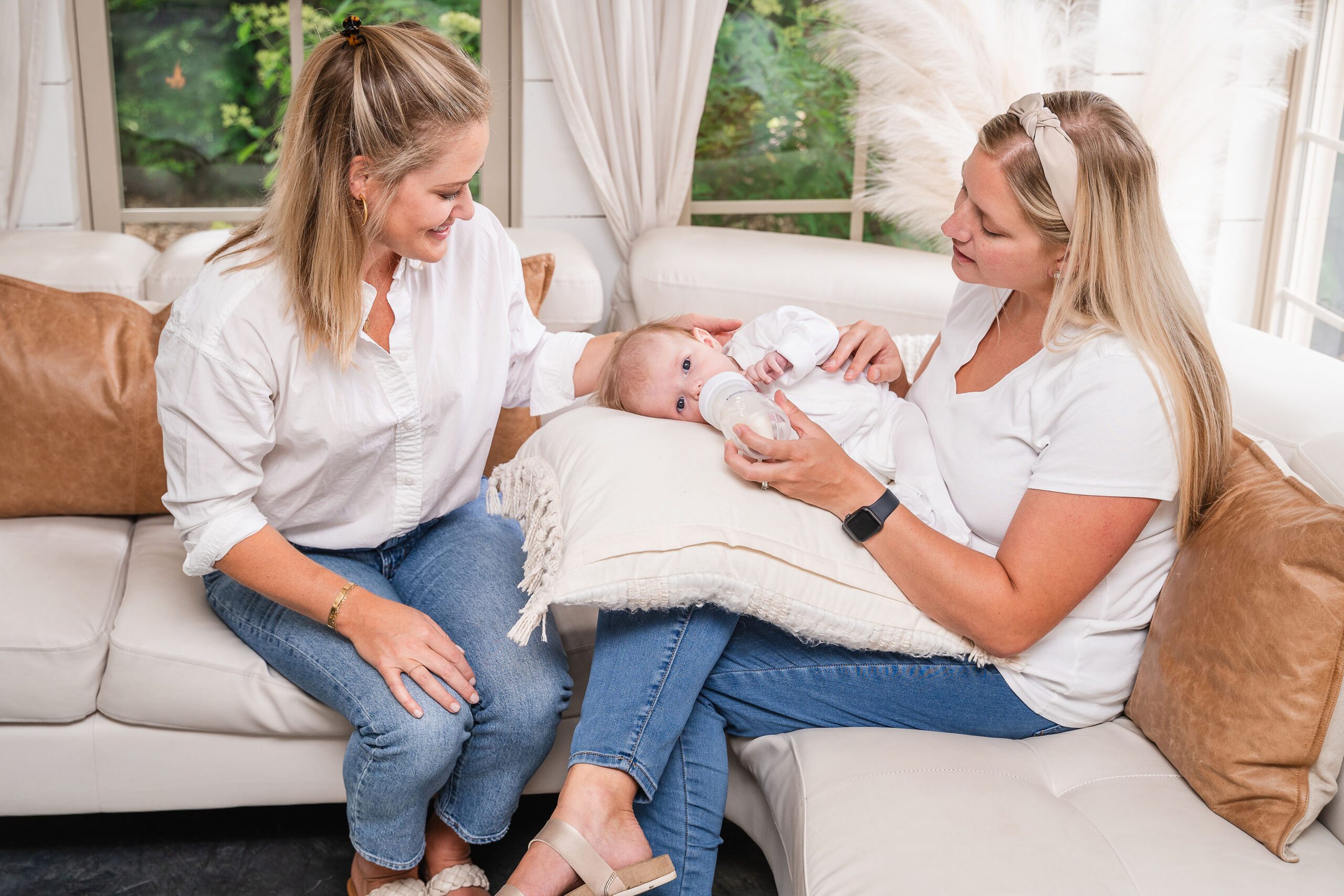
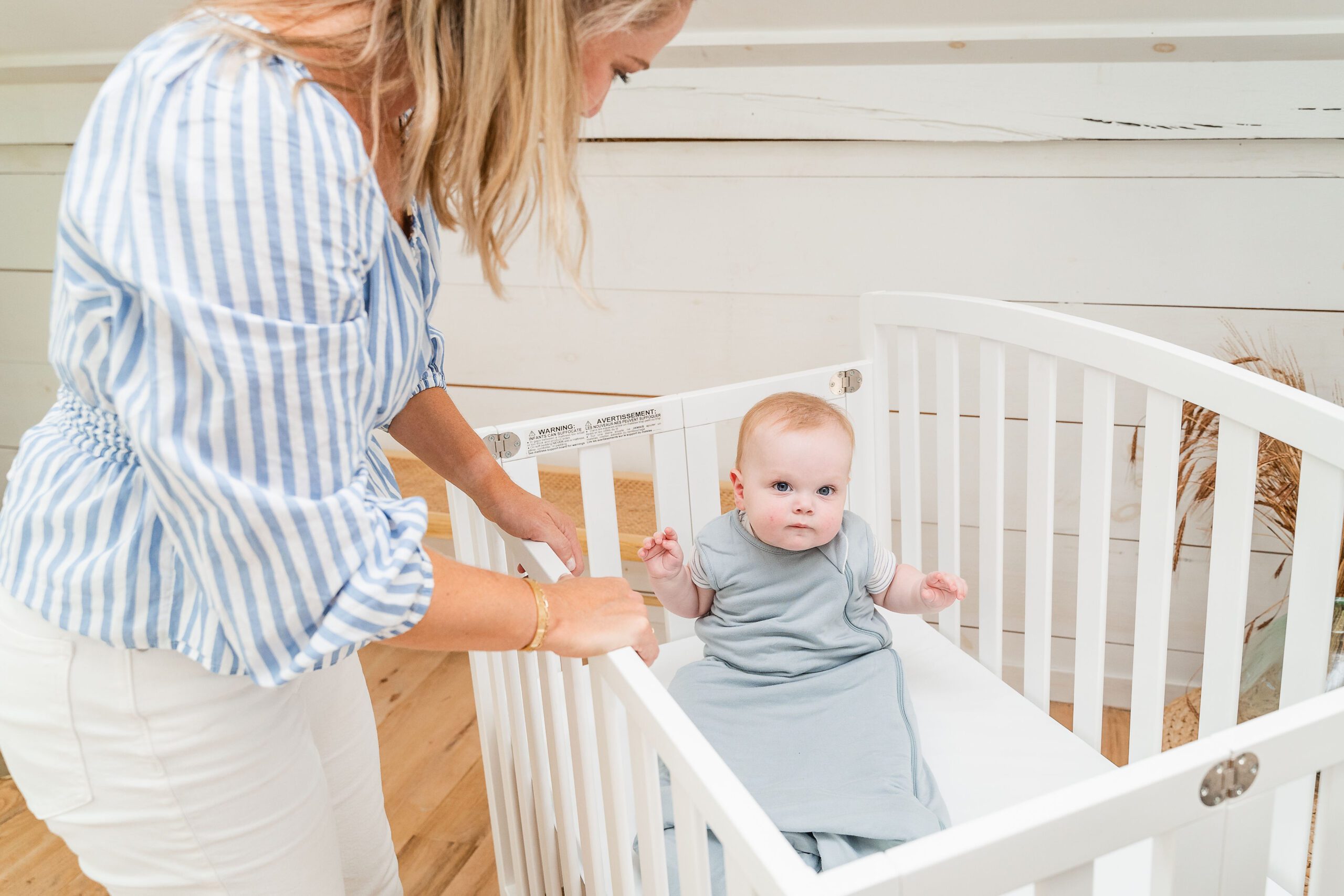
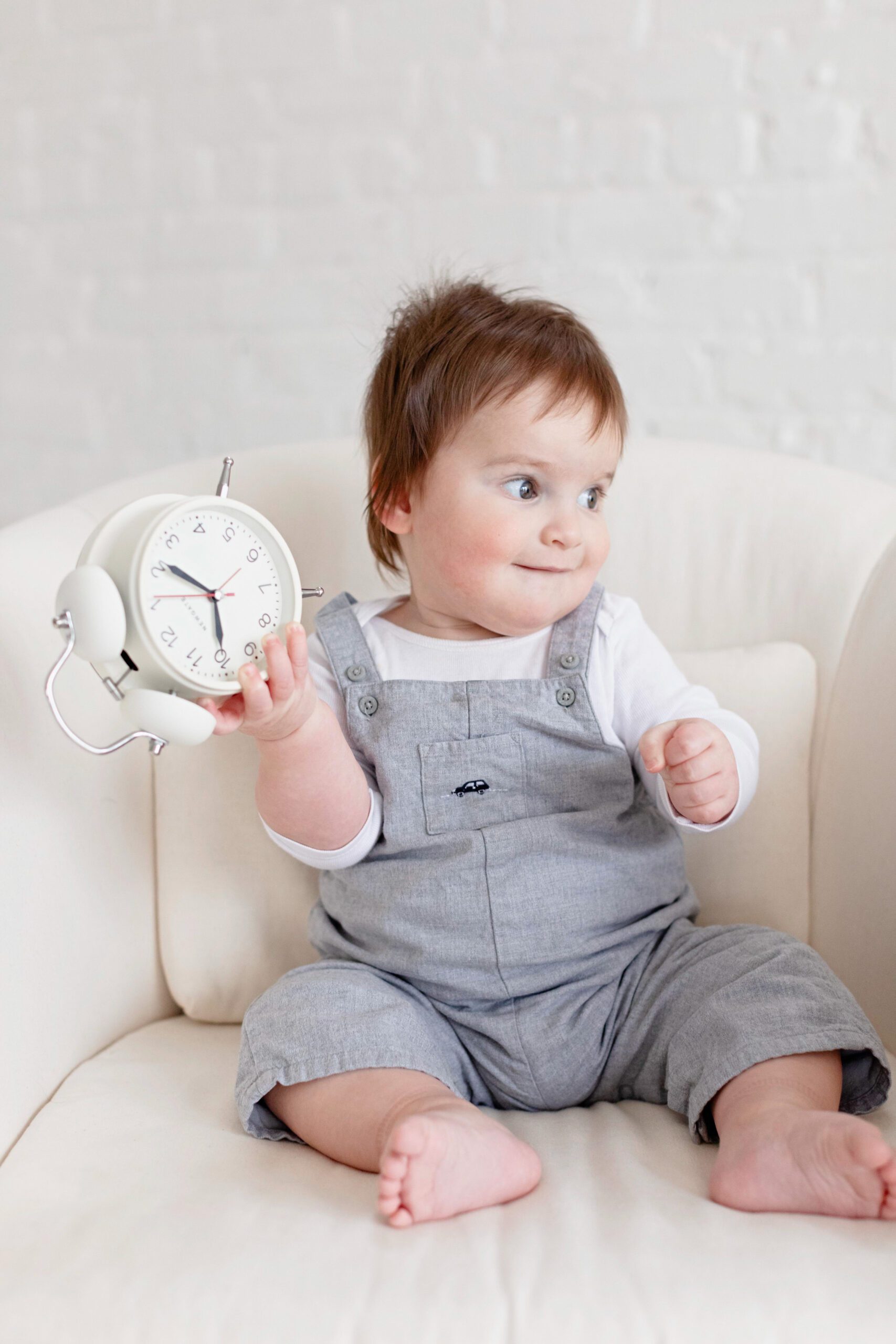

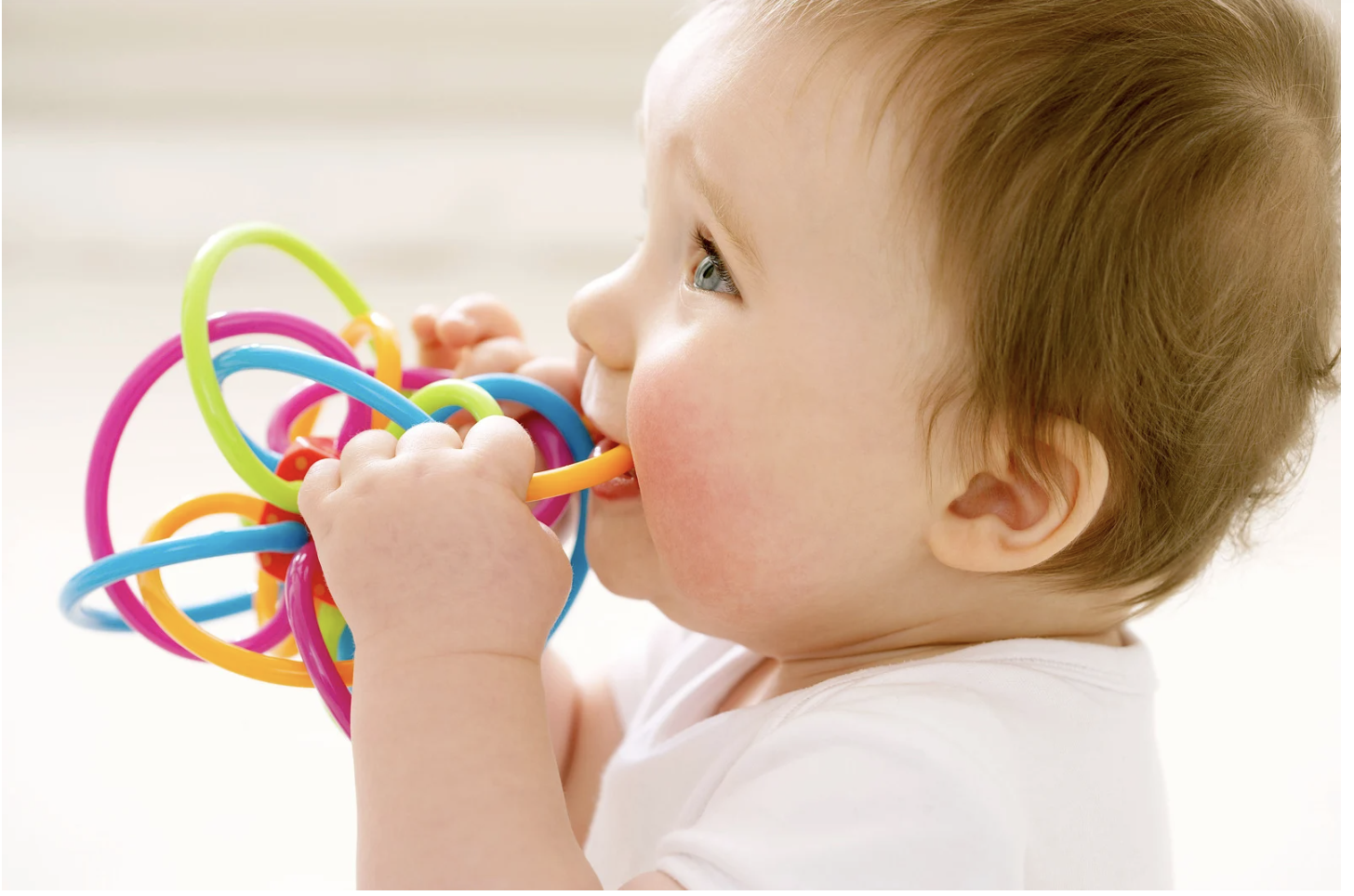
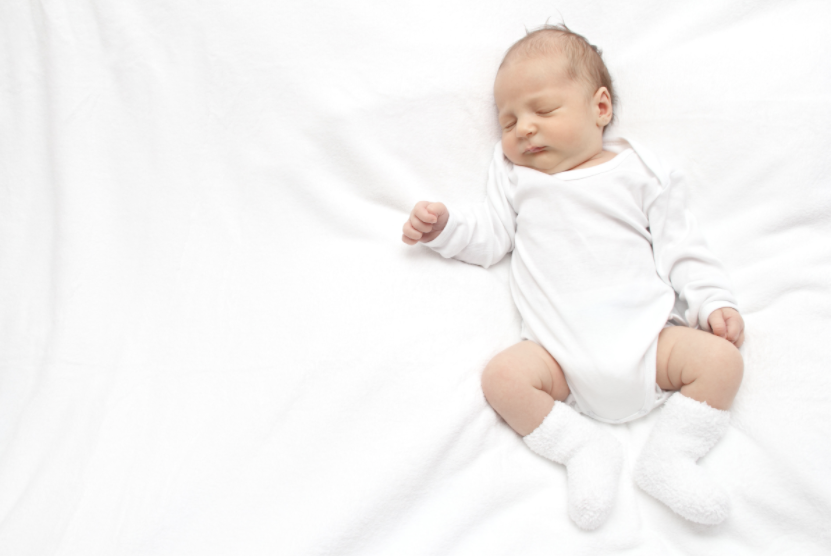


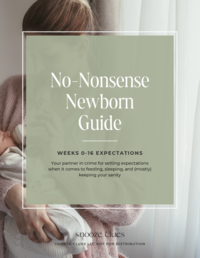
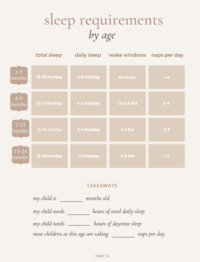
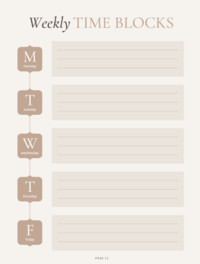
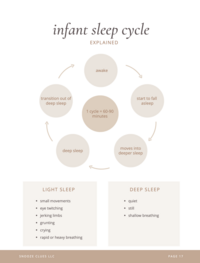



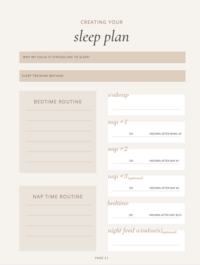
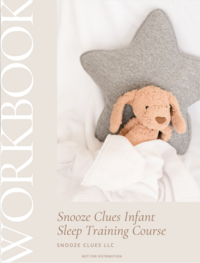
Read the Comments +